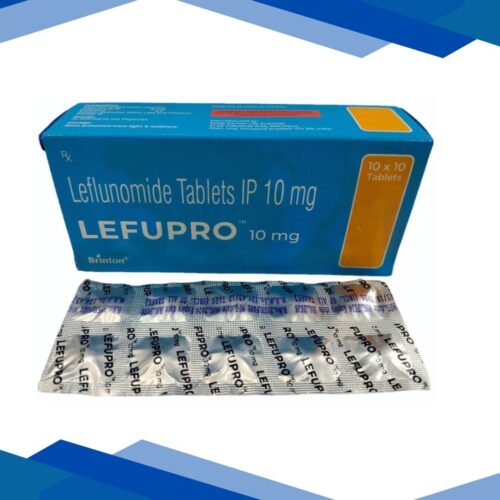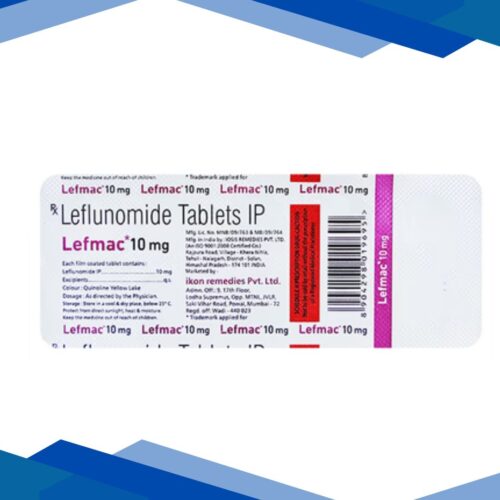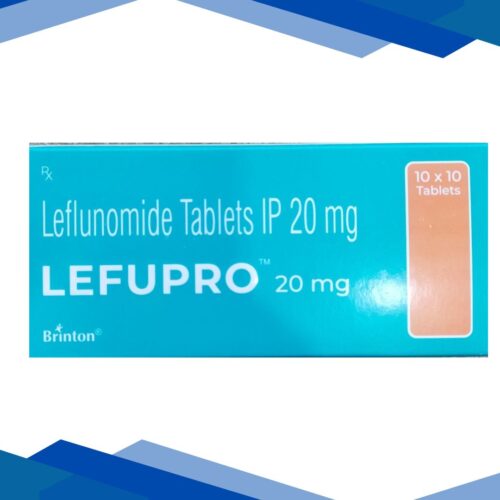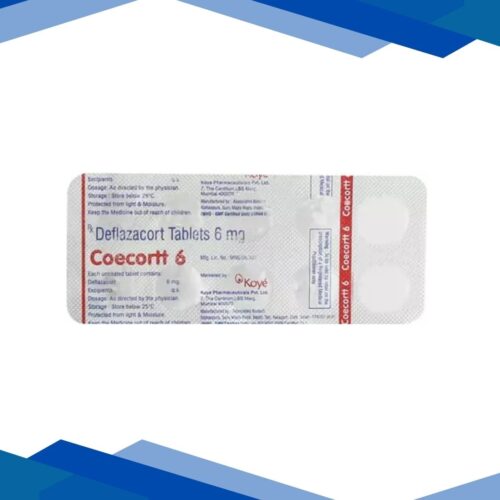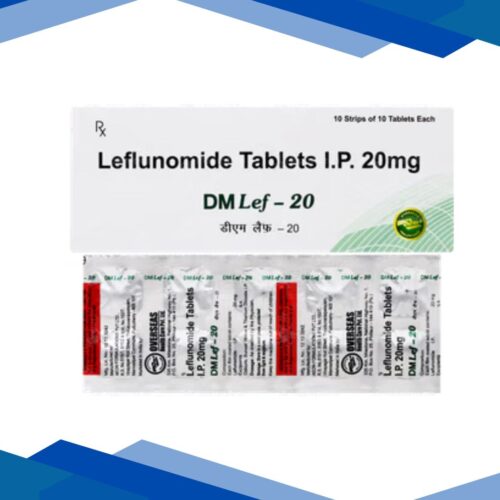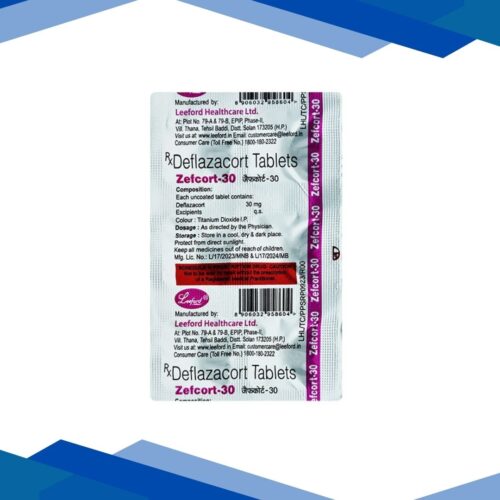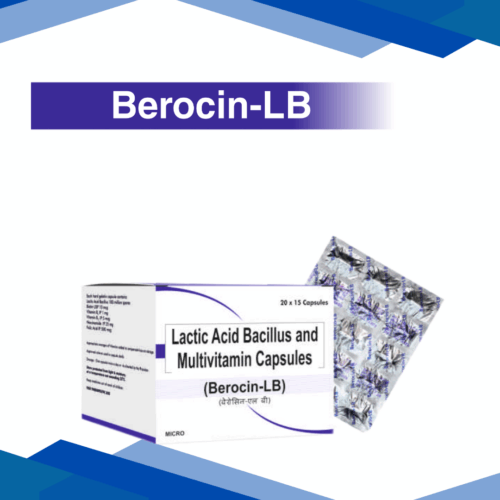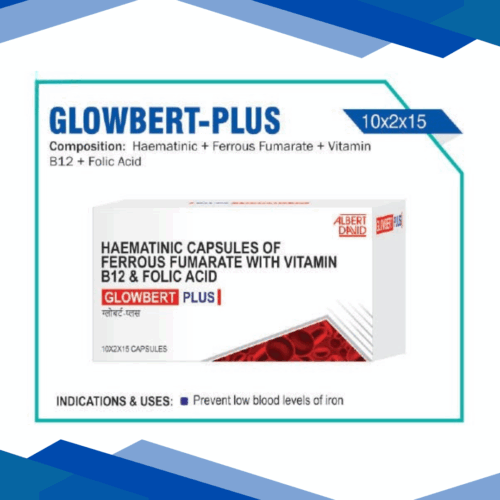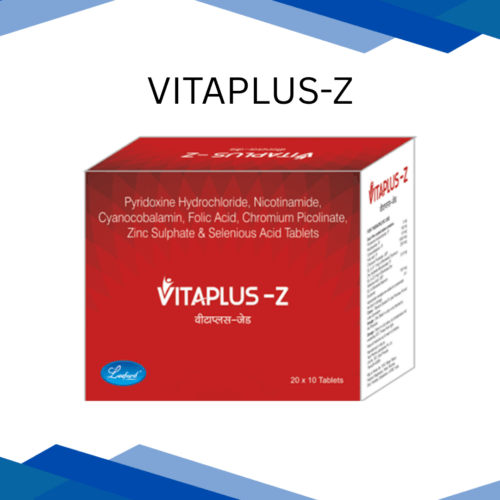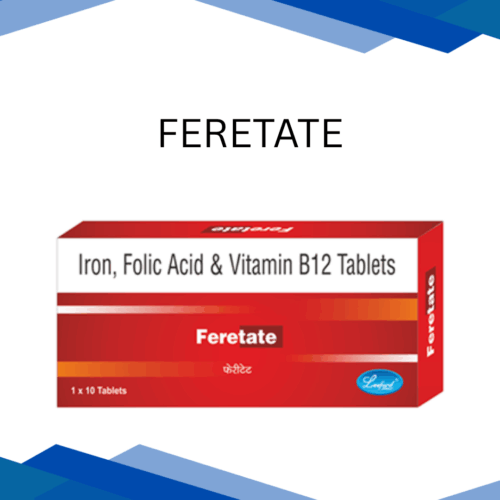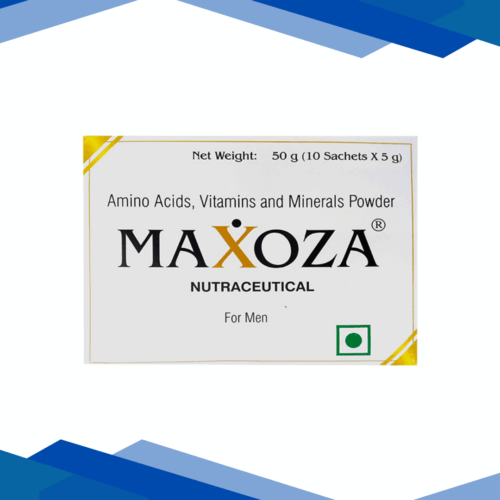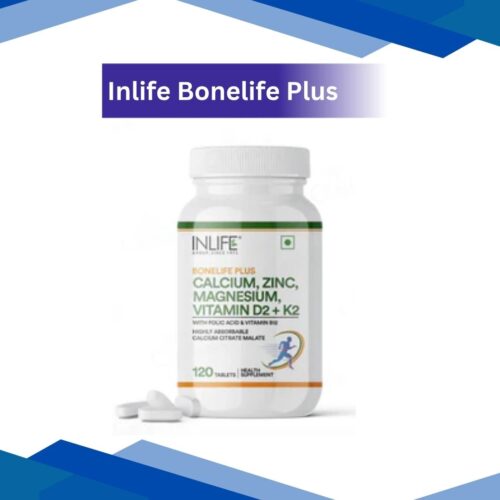Coecortt 6mg Tablet 10’S
Zecort 30mg Tablet 6’S
Microfol
These combinations are used together to treat or prevent deficiencies of iron, folate, B12, zinc, and calcium, supporting healthy blood formation, immune function, and bone health. For more details kindly click on Medicine Salts below:
Calcium Phosphate
CALCIUM PHOSPHATE
Overview:
Calcium Phosphate is a mineral found in nature that makes our bones and teeth strong. It is commonly used as an additive to supplements and food to promote normal growth and avoid calcium deficiency. Even doctors will prescribe it to individuals who are prone to having weak bones, such as in osteoporosis. In addition to supplements, it is applied in dental and bone repair materials due to the natural compatibility with the body. Simply put, it is critical in ensuring that our skeleton remains healthy and stable.
Classification: Essential mineral supplement
Uses:
- Helps prevent and treat calcium deficiency
- Supports strong bones and teeth
- Recommended in bone-health supplements for osteoporosis care
- Added to foods as a fortifying agent
- Applied in dental and bone repair materials because of its natural compatibility with the body
How it works:
Calcium phosphate works by giving the body the minerals it needs — calcium and phosphate — which act like the building blocks for strong bones and teeth. Once inside the body, these minerals come together to form the hard structure that keeps our skeleton sturdy. When calcium and phosphate are regulated, they strengthen the skeleton and also support muscle contractions and nerve impulses.
Dosage: As prescribed by your doctor.
Side Effects:
- Constipation
- Upset stomach or bloating
- Nausea
- Increased thirst
- Frequent urination
Precautions:
Calcium phosphate should not be overdosed, as it will do you little good. Those with kidney problems or those who had kidney stones in the past should be sensitive. Never forget to inform your doctor about the other drugs or vitamins that you are taking, otherwise they will conflict. Excessive consumption of water also aids your body in better utilization of calcium in your body and reduces the chances of stones.
Disclaimer: This content is for informational purposes only. Always consult a healthcare provider for medical advice and proper dosage.
Folic Acid
FOLIC ACID
OVERVIEW
Folic acid (vitamin B9) is a B vitamin supplement that may be used to prevent and treat folate deficiency (low blood levels of folate) that can cause megaloblastic anemia.
CLASSIFICATION
B-vitamin
USES
Folic acid is a B complex vitamin effective in the treatment of megaloblastic anemias due to a deficiency of folic acid (as may be seen in tropical or nontropical sprue) and in anemia of nutritional origin, pregnancy, infancy, or childhood.
HOW IT WORKS
Folic acid is approved for the prevention and treatment of folate deficiency. Healthy levels of this vitamin, which is really a hormone, not only helps form red blood cells, it protects your brain health and supports a healthy pregnancy.
DOSAGE
As directed by the physician
PRECAUTIONS
Tell your doctor if you are pregnant or plan to become pregnant before using folic acid; folic acid requirements are markedly increased during pregnancy, and deficiency may harm a fetus. Folic acid passes into breast milk. Folic acid requirements are markedly increased while breastfeeding; however, amounts present in breast milk are adequate to fulfil infant requirements. Consult your doctor before breastfeeding
SIDE EFFECTS
Redness
skin rash
itching
feeling unwell (malaise), and
respiratory difficulty due to bronchospasm
Disclaimer
This content is for informational purposes only. Always consult a healthcare provider for medical advice and proper dosage.
PRECAUTIONS
Read the label carefully before use
Store in a dry and dark place at a temperature not exceeding 30C. Do not freeze
Keep out of reach of children
SIDE EFFECTS
· Redness
· Dryness
· Itching
Disclaimer
This content is for informational purposes only. Always consult a healthcare provider for medical advice and proper dosage.
Vitamin B12
VITAMIN B12
Overview
Vitamin B12 is an essential nutrient that helps keep your nerves healthy, supports the production of red blood cells, and plays a vital role in brain function and energy metabolism. Since your body doesn’t make it on its own, you must get it through diet or supplements.
Classification
Vitamin B12 is a water-soluble vitamin and part of the B-complex family. It’s also known as cobalamin.
Uses
Treats or prevents B12 deficiency
Helps with anemia, particularly pernicious anemia
Supports nerve health and helps manage symptoms like tingling or numbness
Boosts mental clarity, memory, and energy
Often used to support overall well-being in people with poor absorption or dietary gaps (e.g., vegans, elderly)
How It Works
Vitamin B12 assists in the formation of DNA, red blood cells, and myelin (the protective covering around nerves). It also plays a key role in how the body converts food into energy and helps maintain neurological health.
Dosage
As prescribed by your doctor.
Side effects
B12 is generally very safe, especially in recommended amounts. Rare or mild effects may include:
Mild diarrhea
Upset stomach
Skin rash or itching
In some cases, acne-like breakouts or redness at the injection site (if given by shot)
Precautions
While Vitamin B12 is generally safe and well-tolerated, there are a few things to keep in mind:
Allergic Reactions: Rarely, some people may be sensitive to B12 injections and could develop allergic reactions, such as rash, itching, swelling, or difficulty breathing. Always inform your doctor if you’ve had allergies to vitamins or medications.
Medical Conditions: If you have certain conditions like
Leber’s disease (a rare eye disorder), B12 may worsen vision problems
Kidney issues or low potassium levels, B12 supplementation should be monitored
Iron or folic acid deficiency, it’s important to treat these too, as B12 alone may not fix certain types of anemia
Pregnancy & Breastfeeding: B12 is generally safe and even recommended during pregnancy and breastfeeding, but always follows the doctor’s advice on the right dose.
Supplement Form: Whether you’re taking it as an injection, tablet, or lozenge, use it exactly as prescribed. Too much isn’t usually harmful, but high doses over long periods should be taken under medical guidance.
Disclaimer
This content is for informational purposes only. Always consult a healthcare provider for medical advice and proper dosage
Zinc Sulphate
ZINC SULPHATE
Overview:
Zinc sulphate is a mineral supplement that helps support overall health by providing the essential nutrient zinc. It plays an important role in boosting immunity, supporting growth and development, healing wounds, and keeping the skin, hair, and nails healthy. By ensuring your body has enough zinc, it helps maintain general well-being and aids in proper body functioning.
Classification: Mineral supplement / Nutritional supplement
Uses:
Zinc sulphate is used to help maintain overall health and wellbeing by providing the essential mineral zinc. It supports the immune system, helps wounds heal faster, promotes healthy growth and development, and keeps the skin, hair, and nails in good condition.Having enough zinc in your body promotes strength, vitality, and a stronger immune system.
How it works:
Zinc sulphate functions by replenishing your body with zinc, an important mineral required in the body for numerous body functions. It actually helps with your immune system, it helps with wounds healing, helps to grow and it keeps the skin, hair, and nails healthy. In short, it equips your body with the nutrients it requires to stay healthy, recover quicker and operate at its highest level.
Dosage:As prescribed by your doctor.
Side Effects:
- Mild stomach upset or nausea
- Diarrhea
- Metallic taste in the mouth
- Stomach cramps
- Rarely, allergic reactions such as rash or itching
Precautions:
Follow your doctor’s guidance when using zinc sulphate and stick to the recommended amount. Taking too much can cause stomach upset or other side effects.Tell your healthcare provider about any kidney problems or other medicines you use, as zinc can affect how they work. Take it with food to reduce stomach discomfort, and stop use and seek medical advice if you notice unusual reactions like rash, itching, or severe stomach pain.
Disclaimer:This content is for informational purposes only. Always consult a healthcare provider for medical advice and proper dosage.
